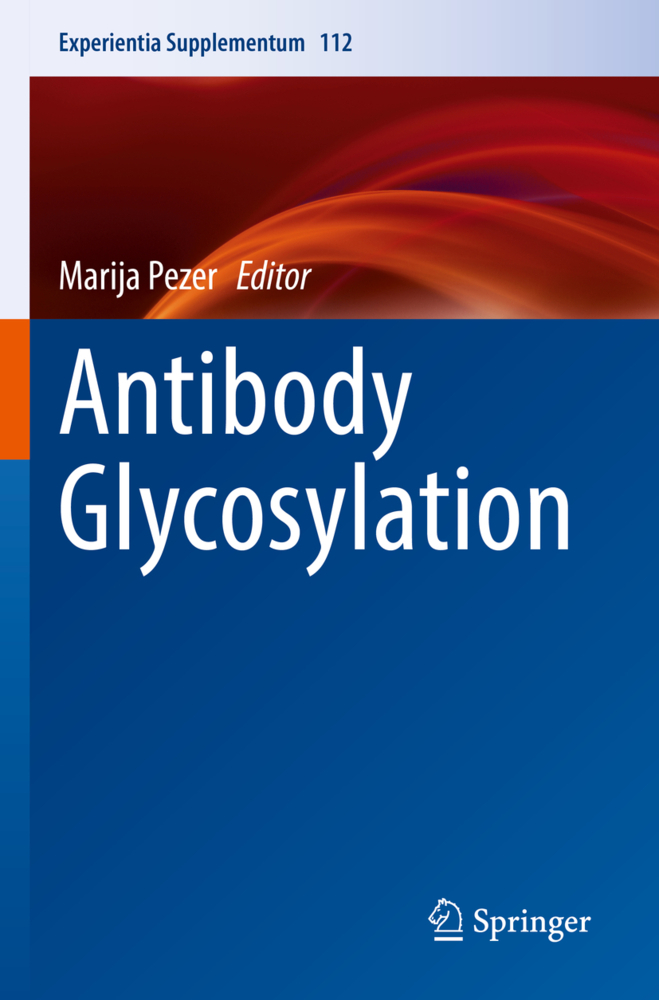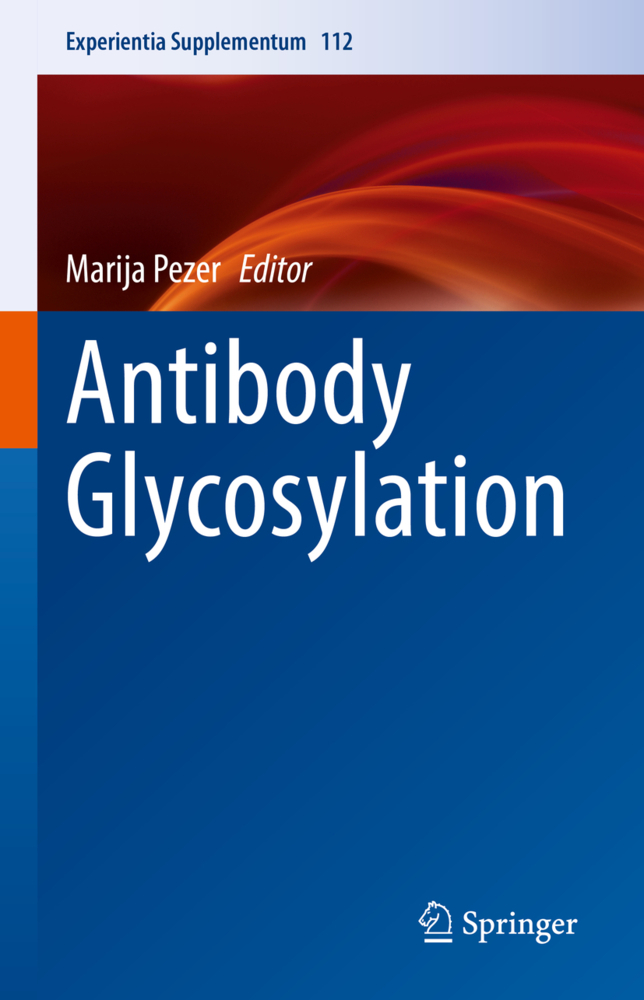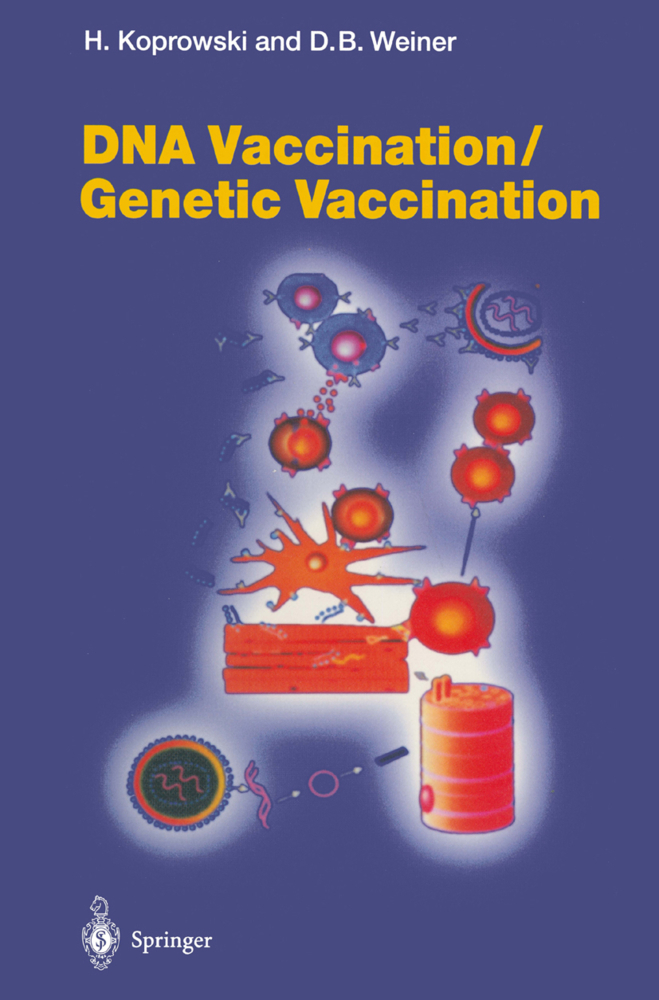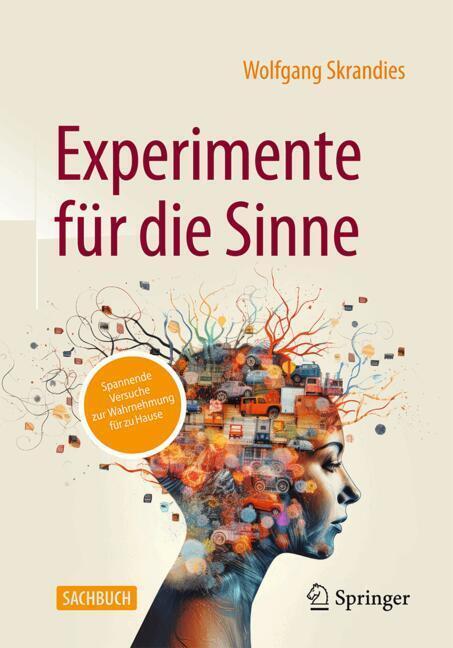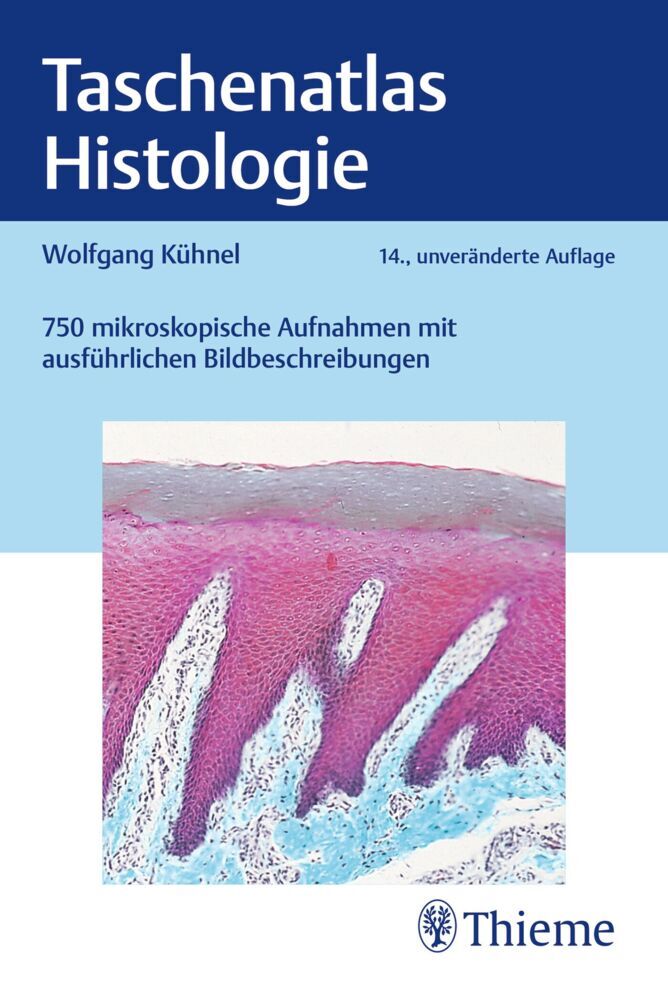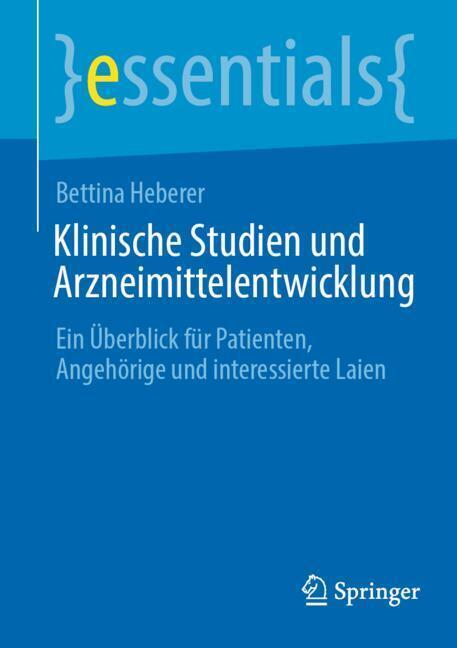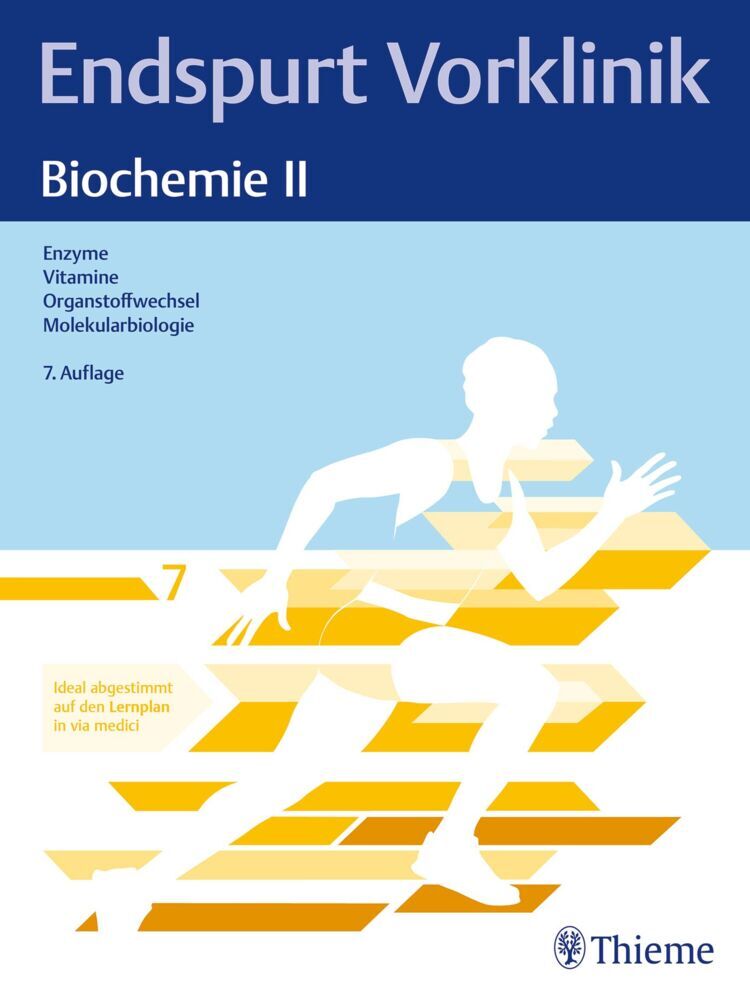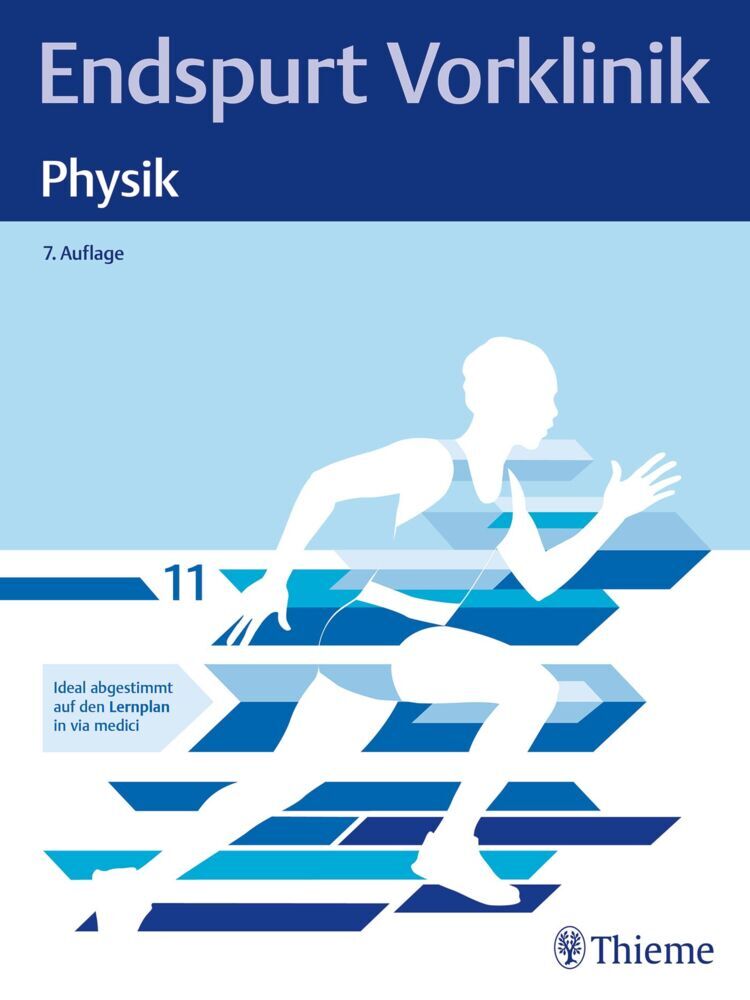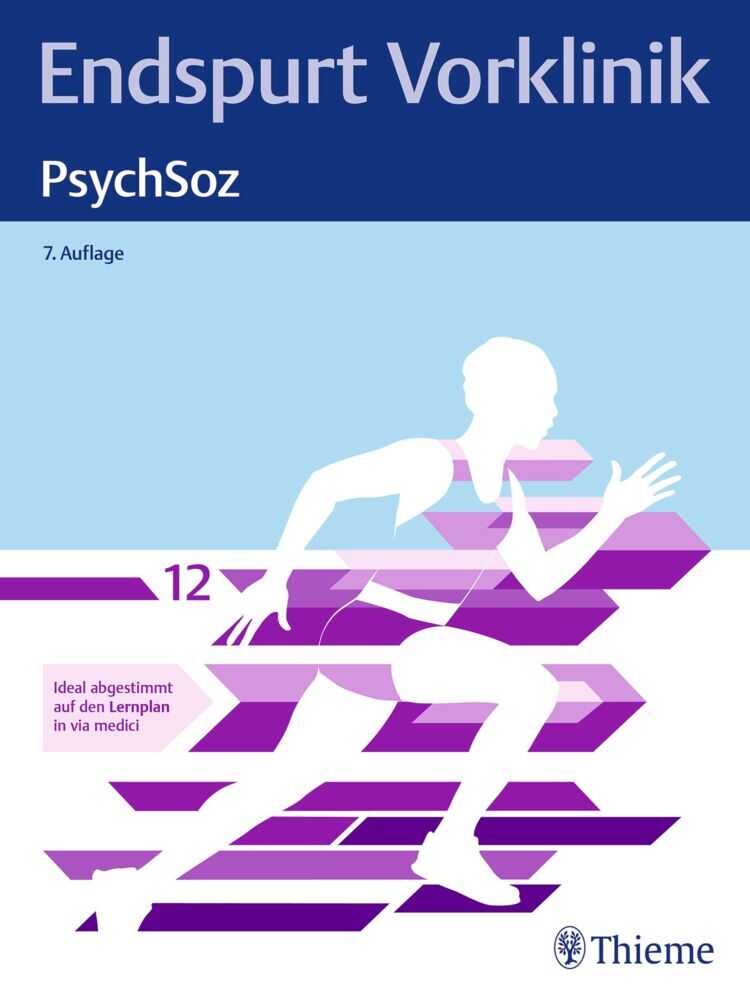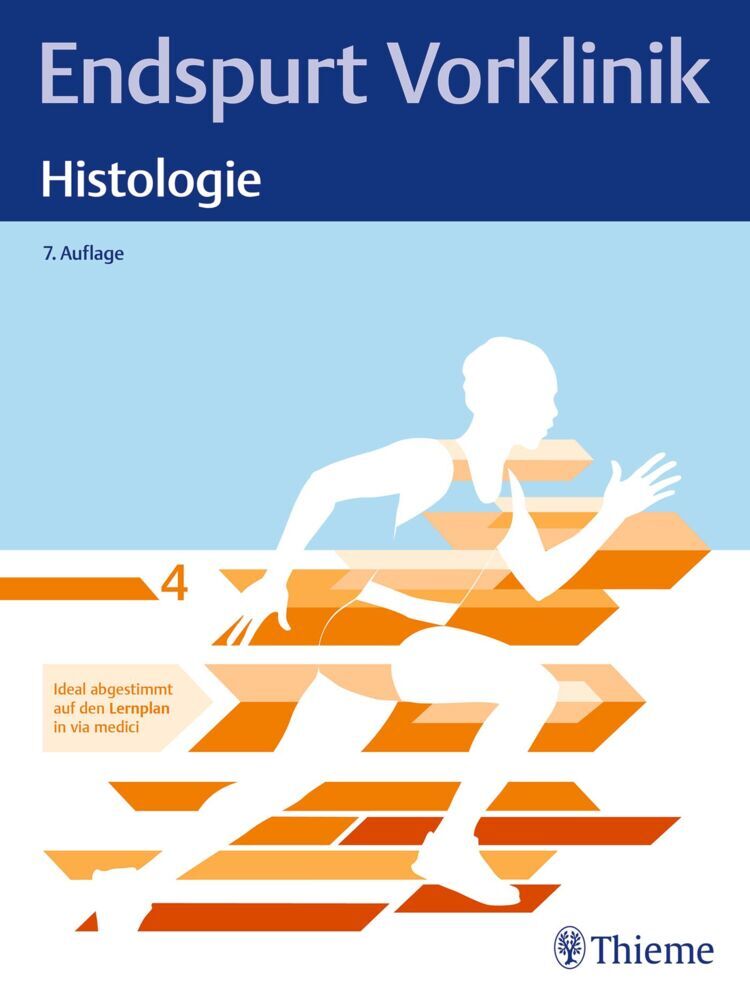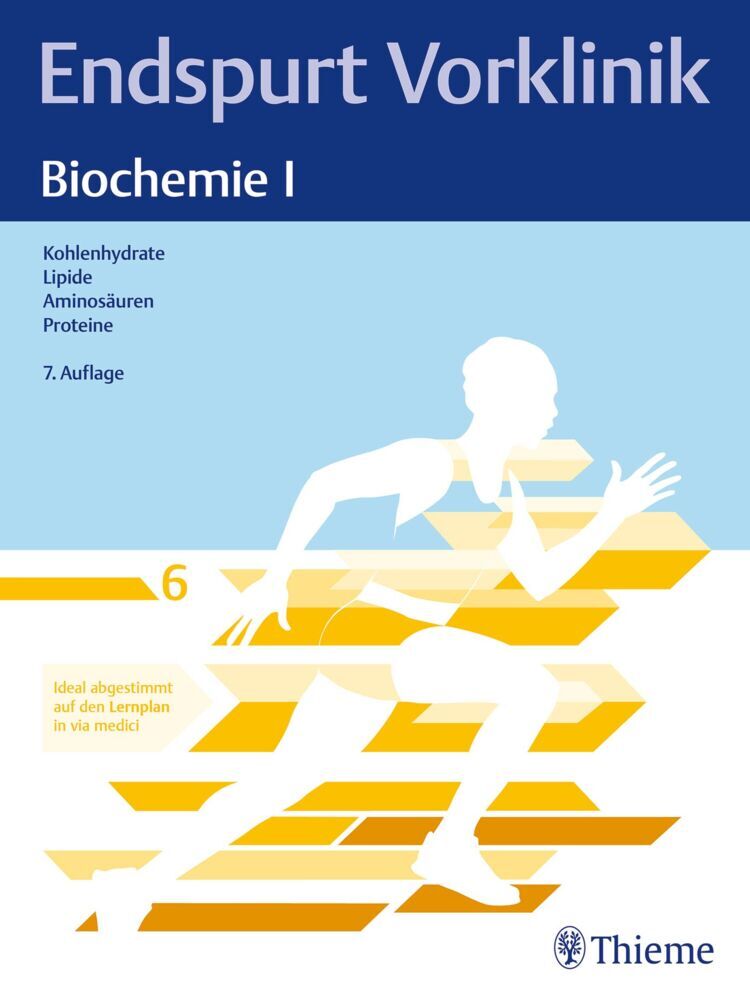Antibody Glycosylation
Antibody Glycosylation
This book summarizes recent advances in antibody glycosylation research. Covering major topics relevant for immunoglobulin glycosylation - analytical methods, biosynthesis and regulation, modulation of effector functions - it provides new perspectives for research and development in the field of therapeutic antibodies, biomarkers, vaccinations, and immunotherapy.
Glycans attached to both variable and constant regions of antibodies are known to affect the antibody conformation, stability, and effector functions. Although it focuses on immunoglobulin G (IgG), the most explored antibody in this context, and unravels the natural phenomena resulting from the mixture of IgG glycovariants present in the human body, the book also discusses other classes of human immunoglobulins, as well as immunoglobulins produced in other species and production systems. Further, it reviews the glycoanalytical methods applied to antibodies and addresses a range of less commonly explored topics, such as automatization and bioinformatics aspects of high-throughput antibody glycosylation analysis. Lastly, the book highlights application areas ranging from the ones already benefitting from antibody glycoengineering (such as monoclonal antibody production), to those still in the research stages (such as exploration of antibody glycosylation as a clinical or biological age biomarker), and the potential use of antibody glycosylation in the optimization of vaccine production and immunization protocols.Summarizing the current knowledge on the broad topic of antibody glycosylation and its therapeutic and biomarker potential, this book will appeal to a wide biomedical readership in academia and industry alike.
Chapter 4 is available open access under a Creative Commons Attribution 4.0 International License via link.springer.com.
Microheterogeneity of antibody molecules
Part I: Analytical MethodsLectin and LC based methods for immunoglobulin (G) glycosylation analysis
Mass spectrometry-based methods for immunoglobulin G N-glycosylation analysis
CE based methods for Ig(G) glycosylation analysis
Automation of Ig glycosylation analysis
Bioinformatics in immunoglobulin glycosylation analysis
Part II: Biosynthesis & Regulation
N-glycan biosynthesis: Basic principles and factors affecting its outcome
Genetic regulation of immunoglobulin G glycosylation
Epigenetics of immunoglobulin G glycosylation
IgG changes in aging and other inflammatory conditions
Estrogen-driven changes in immunoglobulin G Fc glycosylation
Part III: Effector Functions & Diseases
Sweet rules - linking glycosylation to antibody function
Immunoglobulin G glycosylation in diseases
Immunoglobulin A glycosylation and its role in diseases
Part IV: Applications
Importance and monitoring of therapeutic immunoglobulin G glycosylation
Glycosylation of plant-produced immunoglobulins
The rapidly expanding nexus of immunoglobulin G N-glycomics, suboptimal health status, and precision medicine
Glycosylation of antigen-specific antibodies - Perspectives on immunoglobulin G glycosylation in vaccination and immunotherapy.
Pezer, Marija
| ISBN | 978-3-030-76914-7 |
|---|---|
| Artikelnummer | 9783030769147 |
| Medientyp | Buch |
| Copyrightjahr | 2022 |
| Verlag | Springer, Berlin |
| Umfang | XII, 591 Seiten |
| Abbildungen | XII, 591 p. 66 illus., 56 illus. in color. |
| Sprache | Englisch |

